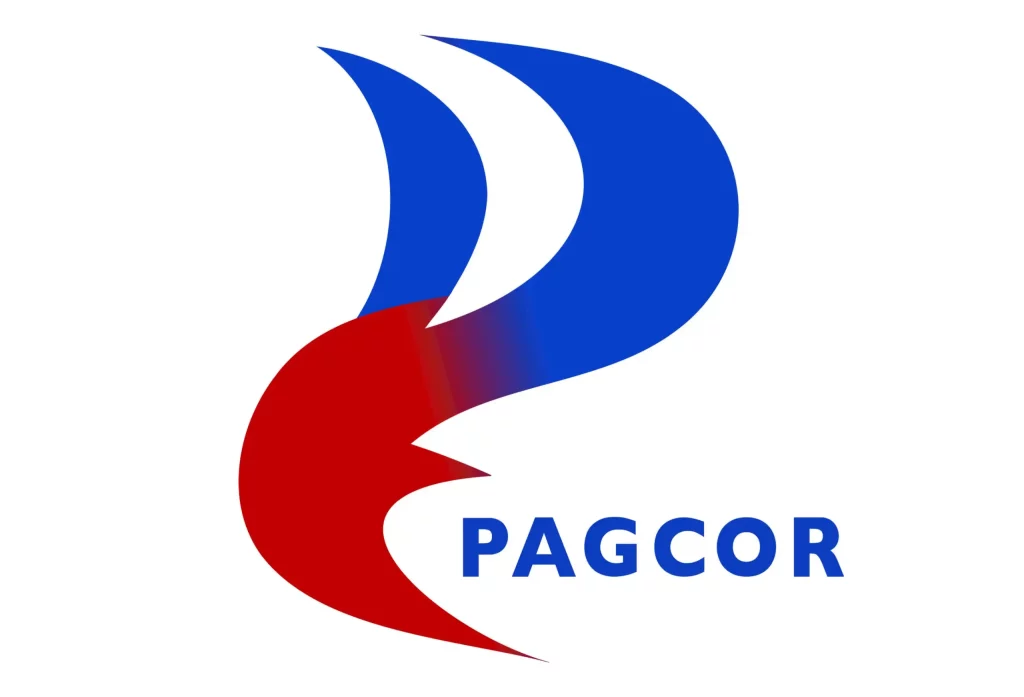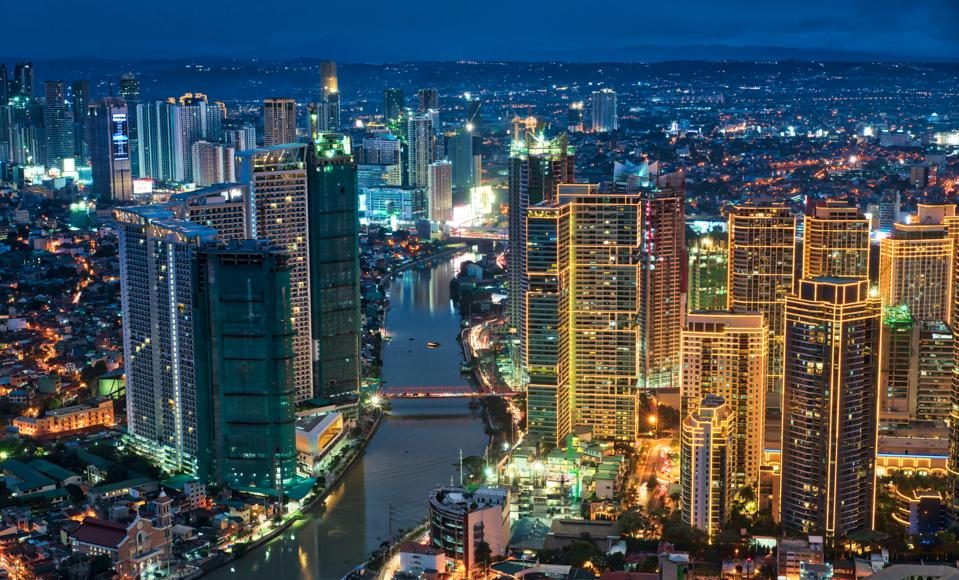PAGCOR announced its privatization plan in March during the ASEAN Gaming Summit in Manila, with the goal of returning to a purely regulatory role. Although the government-owned and controlled corporation still has five years to accomplish this task, industry lawyer Tonet Quiogue notes that there are various issues that should be clarified in the coming months.

In an interview with AGB, a partner from a Philippines-based law firm and an expert in the legal gaming space, Tonet Quiogue mentions that since the privatization will involve the sale of government assets, the process should be transparent and competitive to ensure the best value for the government and fairness in the selection of the buyer or buyers. Depending on the privatization plan that will be approved by the government, this may be done through a competitive public auction or tender.
In this context, details that are to be defined in the privatization plan will be the valuation of the assets for sale, selling price and the qualification of bidders, including whether foreign entities will be allowed to participate in the process.
“Under current foreign investment laws, all forms of gambling, except those covered by investment agreements with PAGCOR are required to be at least 60 percent Philippine-owned.” Ownership of land is also limited to Philippine nationals and corporations with not more than 40 percent foreign ownership.
“Given the amount expected to be raised by PAGCOR from the sale, allowing foreign bidders to participate on their own will increase competition, rather than requiring foreign entities to work with a local partner” she indicates.
“In addition to the qualifications of bidders and the total amount expected to be raised, one legal question that would also need to be addressed is whether any nationality requirement would be imposed on potential bidders.”
Currently, PAGCOR operates over 40 casinos nationwide. PAGCOR chairman and CEO Alejandro H. Tengco estimated early this year that the sale of its casinos could generate as much as PHP80 billion ($1.44 billion) for the operator and regulator.
At the same time, before starting the privatization process, PAGCOR has to amend the current law governing the powers and role of PAGCOR: the “PAGCOR Charter”.
“Currently, the PAGCOR Charter provides that PAGCOR is both the regulator and the operator, so PAGCOR ceding its regulatory powers would require a new law passed in Congress or an Executive Order. A new law passed by Congress would take significantly more time to approve,” notes the legal expert.

Implications for stakeholders
Regarding the eventual implications for the casino industry and the stakeholders, the lawyer says “it is too early to say, and we would need to wait for the outcome of the process”.
Tonet mentions that, on a practical level, PAGCOR is a large contributor to the national treasury. “Any revenues that it will give up as an operator of these casinos, they may look into replacing or substituting from other sources, such as increased licensing and administration fees. However, I think for most operators, this is a small price to pay for improved governance.”
According to the latest update, PAGCOR has allotted total contributions towards nation-building initiatives in 2024 reaching PHP56.2 billion ($991 million).

More transparent regulatory structure
In the wake of recent changes in the regulatory environment for the gaming industry in the Philippines, the legal expert considers that the changes and additional regulations issued by PAGCOR reflect its intention to have a more transparent regulatory structure.
“The public should expect that there will still be changes moving forward, as PAGCOR assesses its role in the global gaming environment.”
“I think PAGCOR acknowledges that it is still considered one of the younger jurisdictions for IRs, online gaming, and sports betting, so it is not opposed to learning from other more experienced regulators and established international gaming operators such as Nevada, Australia, and the UK. As a result, it is open to revising or supplementing its rules when it identifies loopholes and areas of improvement.”
“While a stable and predictable legal framework does have a lot of benefits, especially for entities who are considering investing in the Philippines, it should also be taken as a sign that the regulator is willing to adapt to industry changes and developments.”
Tonet considers that PAGCOR should work on balancing the need to have a stable legal and fiscal environment while still being investor-friendly and competitive.
“There is a sweet spot that I think the Philippines are in now. We are not as rigid and punitive as some other jurisdictions, where some stakeholders and investors, especially start-up companies are either leaving or having second thoughts about investing. At the same time, we are way ahead of some other Southeast Asian countries in terms of regulations.”
The lawyer also notes one limitation of PAGCOR’s structure, as the members of its Board of Directors are appointed by the President, who is replaced every six years and with no re-election.
“Our clients are wary of major changes every time the administration changes. However, this is not very different from other gaming regulators who are also appointed by incumbent officials,” points out the lawyer.











